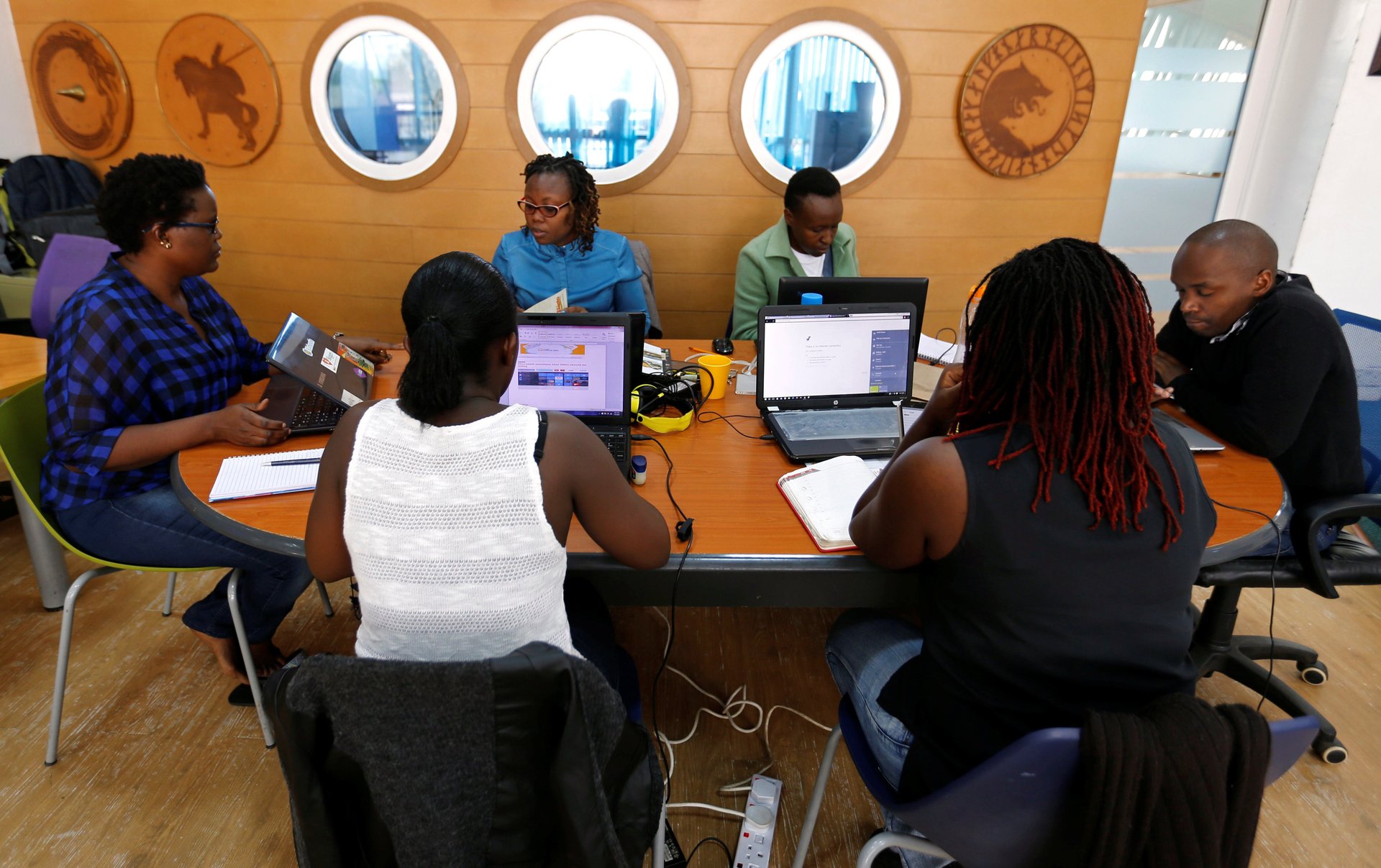Venture capital investment in Africa is headed towards another record year
The magic figure is $7 billion, per Africa's venture capital group.

In nearly every region, startups raised considerably less venture capital money in the second quarter of this year than the same period in 2021, Africa being the only exception. Between January and June, no other region even came close to matching the continent’s funding growth.
Should the half-year growth rate persist till December, 2022 will be a new record year for the amount of venture capital investment raised by African startups. The magic figure will be $7 billion, according to the African Venture Capital and Private Equity Association (AVCA), a group for investors in the continent. Last year was a record high of $5.2 billion.
AVCA’s report tallied deals for the first six months of 2022, showing that $3.5 billion was raised by 300 unique companies in more than 440 deals. That dollar figure is just 1% of global VC funding within the period, a reminder that Africa still gets the bare minimum share of the world’s startup funding largesse. At the same time, the doubling of the deal value over 2021 showed “the depth of opportunity as well as the potential the continent has to offer,” the report said.
What has driven African venture capital funding up?
Globally, VC funding reduced by 3% in the first half of this year compared to last year, with the largest dips being in the second quarter, producing what some have deemed a “silent crash.” Meanwhile Africa’s increased by 133%. Why?
Besides the perception that opportunities for investment abound in Africa, African governments can be credited for efforts geared at “enabling entrepreneurship and investment to thrive,” AVCA says.
An example of such efforts is in Zanzibar where the government is setting up ‘Silicon Zanzibar’ with tax incentives and easier work visa requirements to attract tech companies. A similar low-tax initiative is underway in Zambia, with the aim of making it the “Estonia or Singapore of Africa” as one of those involved described it in April. Flutterwave, Chipper Cash, and Kuda Bank are among scores of startups looking to swoop in and take advantage.
The other ingredient supposedly attracting VC to Africa against the odds of global macroeconomic tailwinds is that the 3.7% growth predicted for sub-Saharan Africa for the second half of this year exceeds the figures for Latin America, Europe, and the global average (2.9%). Taken together, it would not then be surprising that at least 16 Africa-focused VC funds have either closed their raise or have reached a milestone along the process.
When these funds start deploying, AVCA expects their activity will “ensure the moderate short-term health of the industry.” The group expects VC deal volume to hit 900 by year-end, more than a third higher than 2021’s 650 deals.
It may be useful to temper that projection with some unfolding reality. In this year’s third quarter, VC funding for African startups reduced by 53% compared to last year, per The Big Deal, a newsletter that tracks fundraising in Africa. It ended six quarters of positive year-on-year quarterly growth and was the first quarter since Q3 2021 in which Africa did not raise $1 billion. That said, heightened activity in the last three months of this year may yet make up for the dip, producing the record year AVCA projects.
